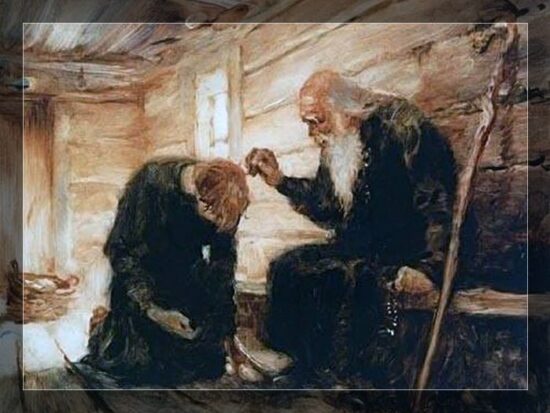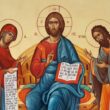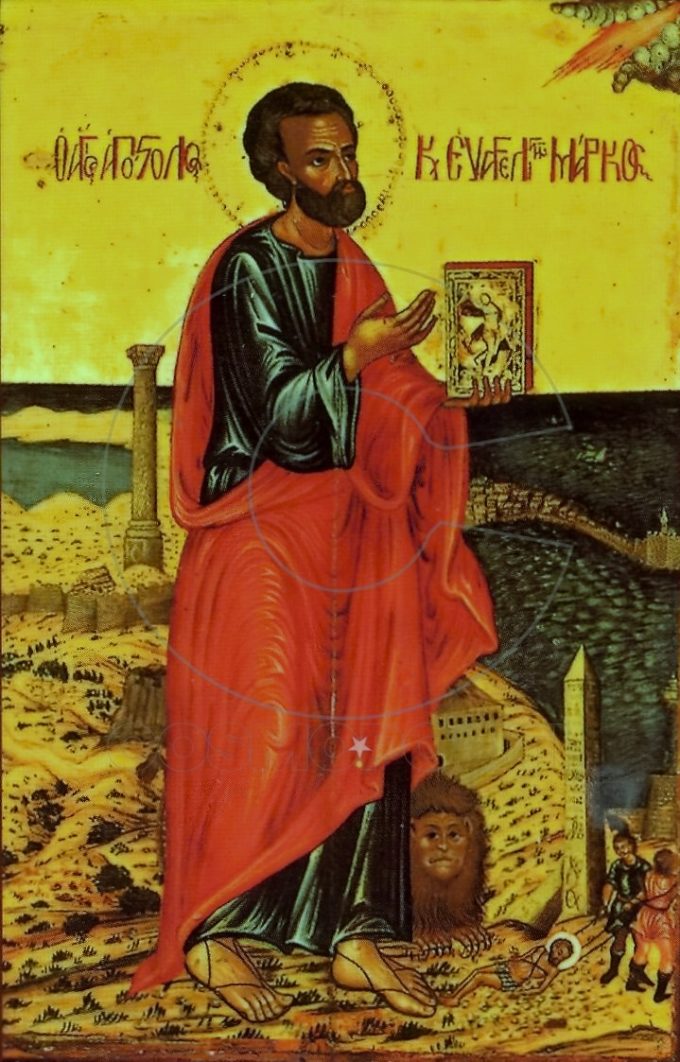`Father, when someone is forced for a certain reason to change his confessor is it necessary to confess again his sins he had already confessed?
It is good to inform the new confessor about them as the sick who when he changes his doctor tells him his history so that the doctor may help him better.`
`Father, when someone wants to change his confessor and asks us if this thing is correct what should we tell him?`
`To ask for blessing from his confessor. It is not good for someone to change his confessor easily. A building will never be built as it should if the engineers and constructors are always changed.
Before the people went to starets (experienced elders) to ask for advice in a certain problem which concerned them to be helped. Today many don`t go after advice only to justify themselves or to say they took advice from another father as well. `I went to this one and that one and I asked father Paisios as well about this problem.` says one or another and maybe I rebuked him or he just came till the gate and didn`t knock. This is how they go from a father to another one without having a permanent confessor and in the end they get terribly confused.
Others make a mistake and they don`t go to confess it to their confessor, they go and confess it to another one not to lose their prestige. After a while they commit the same mistake and they tell it to another one then to another one and in the end they appear before one they committed it only once and before another one they appear in the same way and thus they continue to commit mistakes and they remain unimproved.
I noticed there are some who don`t go to say something to their confessor although they know he will help them and he won`t tell it to anyone else but prefer to tell it to one of their acquaintances instead who can`t help them and who will tell it to others as well. I remember that when I was a novice in the community life there was someone who had come to become a monk. He stayed for a while and afterwards he had the thought to leave.
He didn`t go to confess his thoughts to his starets or to another confessor he told these to a worker from Ieriso [2], who worked in the monastery.
I was there near them when he spoke to him. I was peeling onions outside the kitchen. So this one started to make this confession at a distance of about two meters in a loud voice.
`I regret I became a monk.`
`But when you came didn`t you try it first?` the worker asked him.
`I tried it for two years.`
`Well, why didn`t you leave earlier?`
`I didn`t leave.`
`Did they make you a monk by force ?`
`No, I wanted it too.`
`Did you confess these to the starets?`
`No, he answered.
`What`s the use for you to tell them to me?` this one asked him.
He had confessed his whole history. You see?
He didn`t confess these to his starets as he should have done it in order to be helped but he confessed to a worker. Then this worker going out of the Holy Mountain would have related them in detail in Ieriso at the pub to make the village laugh about them. If he only had been a fool. But do you know how many dictionaries he had? He knew ancient Greek perfectly.`
`Father, a layman can ask a spiritual brother he has about a certain matter he has or about a temptation if his confessor is missing?
`Can`t he call his confessor on the phone ? His brother may sometimes be of help and other times no. In spite of his good intention, he may hurt him. When in need the things are arranged by giving a call to the confessor.
If he can`t communicate with his confessor and it is something urgent and serious he should ask another confessor. It is good to ask his confessor he had before with whom to talk for advice in this case, to go to another one who is in the same spirit. As any engineer has his own plan. The other one may be a good plan as well but they are different.
[1] in the monastery of Esphigmenou, 1953–1956.
[2] village from the neighbourhood of the Holy Mountain.
Excerpt from Ascetic struggle – Pious Paisios the Athonite, Evanghelismos.






